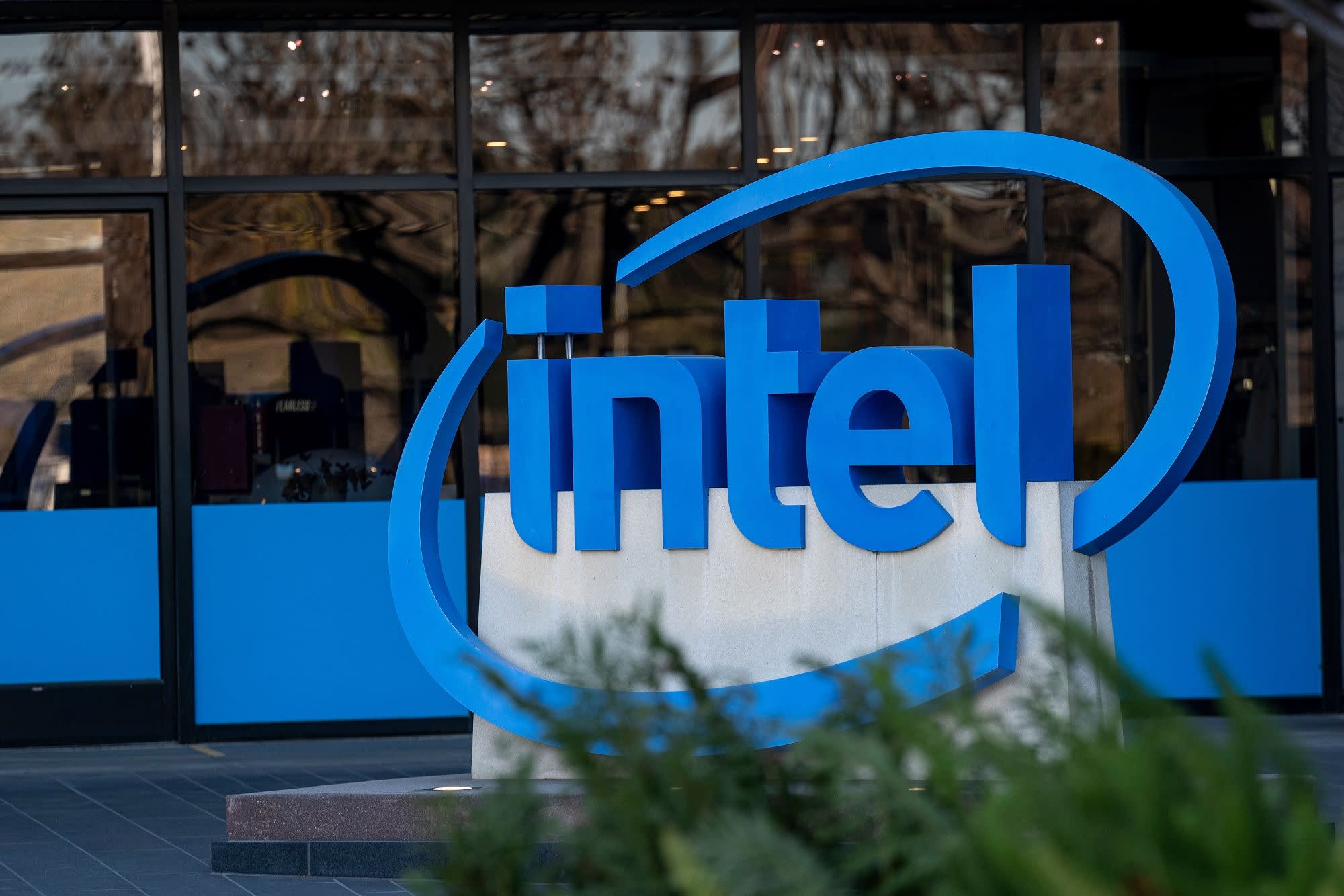As outlined in a recent post on Chip Hell, one of its users reportedly grabbed an early B560 motherboard and engineering samples of three of Intel's new Rocket Lake CPUs, including the Core i7-11700, Core i9-11900, and Core i9-11900K.
The tested pitched each processor against AMD's Zen 3-powered Ryzen 7 5800X to see just how they compare to AMD's best eight-core chip. Since these are engineering samples, the Intel chips' clocks speeds are significantly lower than we would likely see with retail models. The poster also threw in Intel's previous-gen Core i9-9900K and Core i7-10700K as well to compare gen-on-gen performance gains.
The testbed used the same B560 board discussed above, a B550 Taichi Razer Edition for the AMD tests, ASRock Radeon RX 6800 Taichi, 2x8GB kit of ZADAK Spark DDR4-3600 RAM, 1000W Antec HCG-X1000 power supply, and a 360mm AIO liquid cooler.
Here are the Rocket Lake engineering samples tested:
- QV1J, Core i7-11700 ES -- 1.8GHz base frequency, 4.4GHz boost frequency.
- QVTE, Core i9-11900 ES -- 1.8GHz base frequency, 4.5GHz boost frequency.
- QV1K, Core i9-11900K ES -- 3.4GHz base frequency, 4.8GHz boost frequency.
Even though there is a wide selection of benchmarks posted at Chip Hell, we're only covering the locked 4GHz benchmark results. We chose to focus on this test because the engineering samples for Rocket Lake are clocked so low that any performance benchmarks from these samples are specific to these samples alone, and will not represent actual Rocket Lake performance when the retail SKUs hit shelves this year.
The "Locked at 4GHz" Benchmark

Chip Hell ran the Core i9-9900K, Core i7-10700K, Core i9-11900K ES, and Ryzen 7 5800X in Cinebench, but with all the chips locked at 4GHz, allowing us to see how much of an IPC gain Rocket Lake-S has purely from an architectural standpoint, as clock speed is no longer the deciding factor to performance.
| Processor | Cinebench R15 Single-Threaded | Cinebench R15 Multi-Threaded |
|---|---|---|
| Ryzen 7 5800X | 221 | 1,121 |
| Core i9-11900K ES | 200 | 1,029 |
| Core i7-10700K | 176 | 888 |
| Core i9-9900K | 168 | 852 |
We can see the gains from Comet Lake to Rocket Lake are quite decent; Rocket Lake commands a 13% lead over its predecessor. Compare this to the generational leap from Coffee Lake to Comet Lake at just 4%.
However, despite the architectural gains, it's not enough for Intel to beat AMD's Ryzen 7 5800X, which wins by 8%.
It appears that Intel will use clock speed rather heavily to try to gain an advantage over AMD's Zen 3 architecture, as AMD still appears to win on clock-for-clock performance. But at least the architectural changes were significant enough to give Rocket Lake a decent IPC increase over Comet Lake. The overall performance gap should also widen rather significantly if clock speeds are higher on shipping Rocket Lake models.
However, Intel will continue to struggle against AMD's Zen 3 platform, whether or not Intel manages to beat AMD in the single-threaded battle, as Rocket Lake will be severely behind in core count and that won't change until Intel's 12th-Gen Alder Lake architecture arrives.
The Link LonkJanuary 02, 2021 at 12:32AM
https://ift.tt/38Xa9qV
Rocket Lake Engineering Samples Benchmarked Against Zen 3 - Tom's Hardware
https://ift.tt/2YXg8Ic
Intel

No comments:
Post a Comment